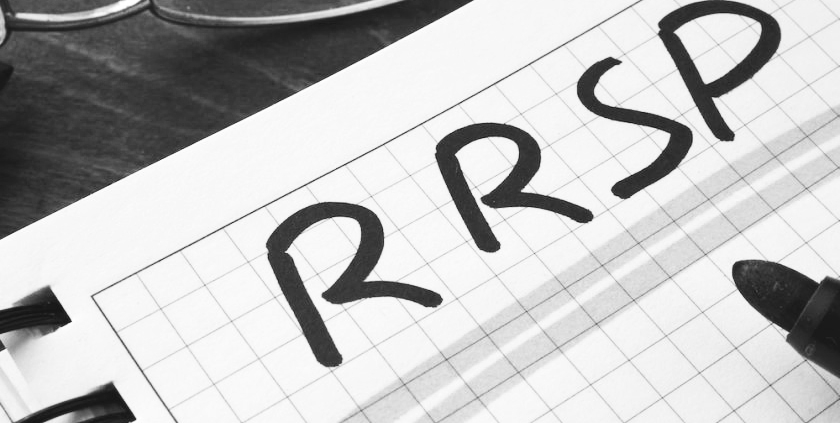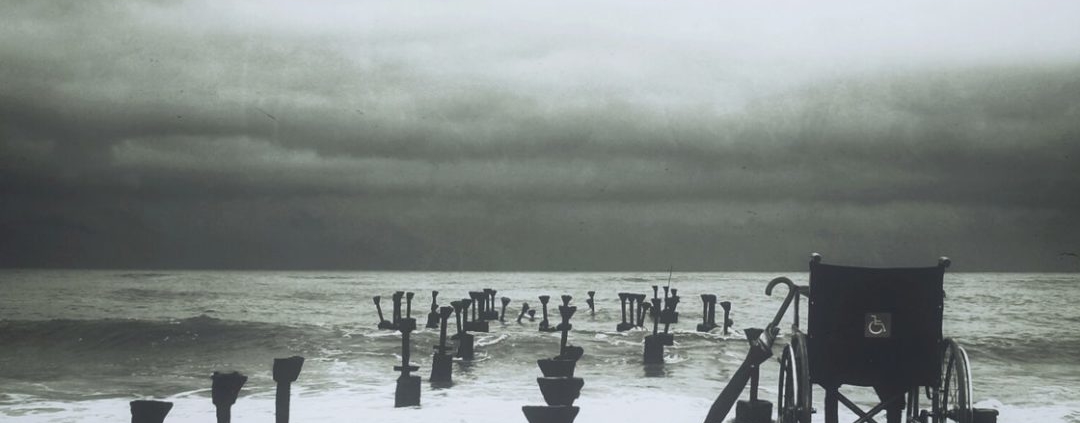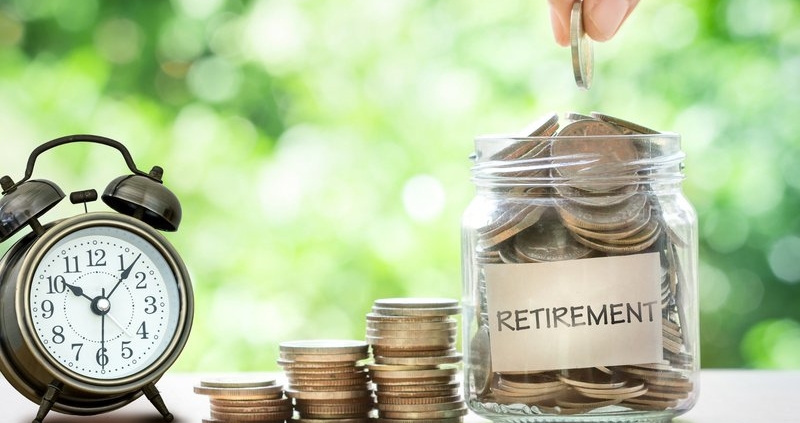Many people likely feel that things like their home, their pension, or their business would be their most valuable asset. Most would say their family is the most important thing in their life.
However, I would argue that your ability to earn an income is your most indispensable asset. The things above aren’t possible without it – and your loved ones depend on it.
Would you insure a money machine?
Your ability to earn an income is the ‘machine’ that resources the things that are most valuable to you. How valuable is this machine?
Consider a 40-year-old making $125,000 annually. Accounting for inflation, their total earnings through age 65 are more than $4.25 million!
How likely would you be to insure a machine that was going to generate $4.25 million over the next 25 years? Consider the things we typically insure: a home, a car, electronics or vacation flights. How much more devastating would the loss of your earning machine be than any of these other things? In addition, statistics indicate a disability is far more common that your home catching on fire.
That won’t happen to me!
Current statistics tell us that 1 in 3 working Canadians will suffer a disability longer than 90 days during their working lives. A disability that renders you unable to earn an income could be from an accident OR long-term illness (physical or mental). Are you prepared?
What are my options?
Many Canadians believe they are fully covered by disability insurance through their employer’s benefit plan. Though disability insurance may be in place, there are often gaps and limitations in these coverages. Unfortunately, a growing percentage of Canadians have no coverage through their employer, including those who are self-employed or working for a small business with no coverage.
Canada Pension Plan (small amount and only most severe disabilities) and WorkSafe BC (work related injuries only) can provide some coverage in specific situations. If you are an executive or earn more than $80,000 with group coverage you should have your coverage reviewed. You likely have gaps in coverage that should be addressed. Disability insurance is especially important for self-employed individuals. They have unique risks that should be reviewed with a financial professional.
Disability insurance is one of the most misunderstood and underserved areas of many Canadians’ financial affairs. As with any financial planning strategy, it should be reviewed and integrated with the goals and objectives of an overarching plan by a professional.
If you have any questions, or would like more information, don’t hesitate to reach out.
Connect Wealth is an independent financial planning firm that offers holistic advice to clients based on their current goals and future aspirations. We use well-established workflows and cutting edge technology to maximize planning efficiencies while simplifying the process for clients. Learn how you can maximize your financial opportunities at www.connectwealth.ca






